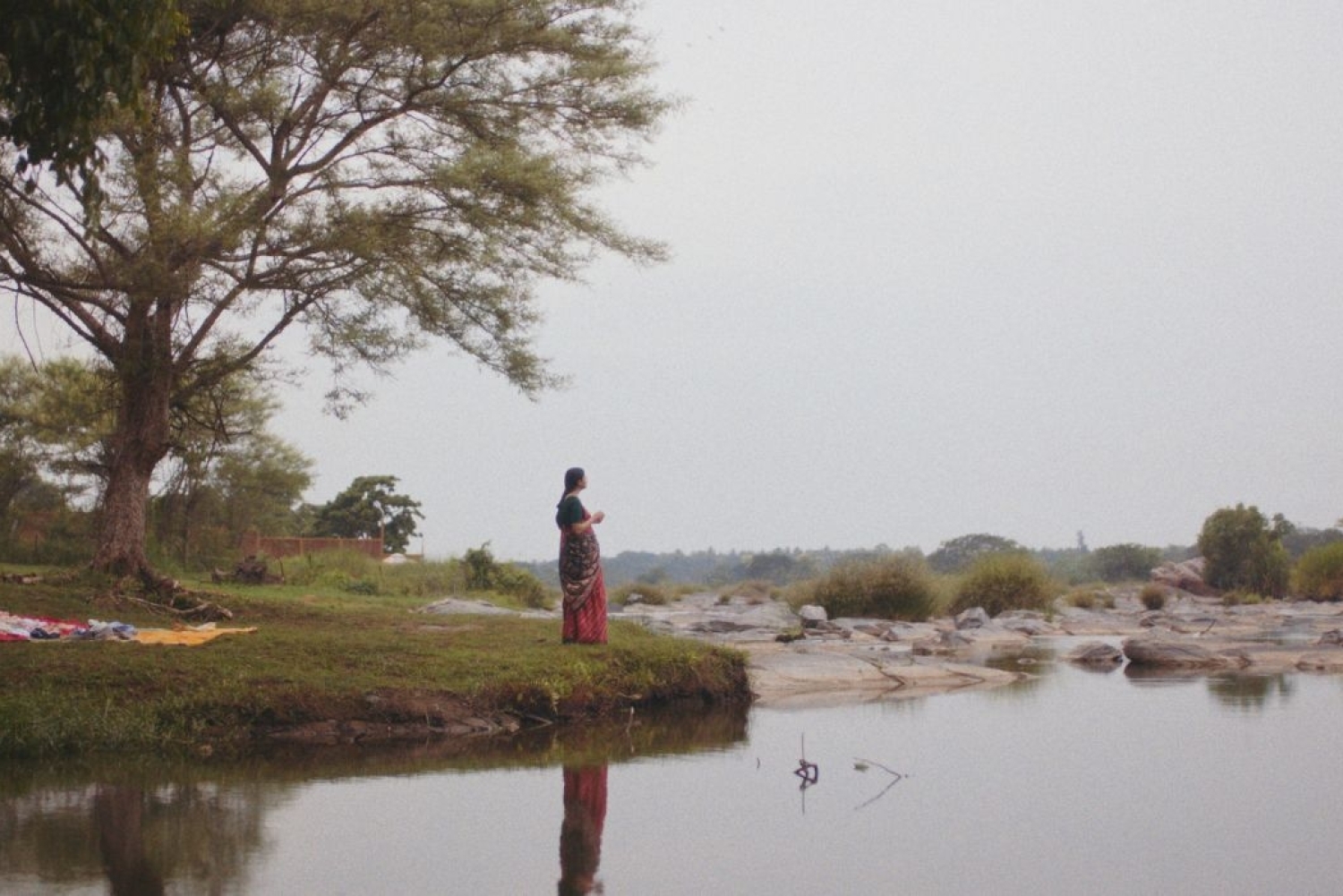

Growing up in Bangalore in the 90s, Anoop Lokkur spent his childhood playing cricket, hide and seek, lagori (seven stones), or riding bicycles and jumping from house to house. He lived days that felt endless in their simplicity. Films, however, quickly entered that picture, first through family viewings of Kannada and Tamil cinema, then Bollywood and Hollywood, and later the discoveries of world cinema that shaped his taste and imagination. ‘I love films because they make me feel something. Joy, sadness, fear. For an hour or two I live in a different world,’ he reflects.
However, his path to filmmaking wasn’t linear. He was a corporate guy at first in Melbourne but that world left him detached and restless until he made the plunge and enrolled himself at an arts school in Victora. ‘If I don’t do something different now, I probably never will,’ he recalls of that turning point. It was there, through experimentation, community, and collaborators from arts school, that he began shaping the creative voice we now see in his debut feature Don’t Tell Mother, a poignant story rooted in memory, conversation, and catharsis.
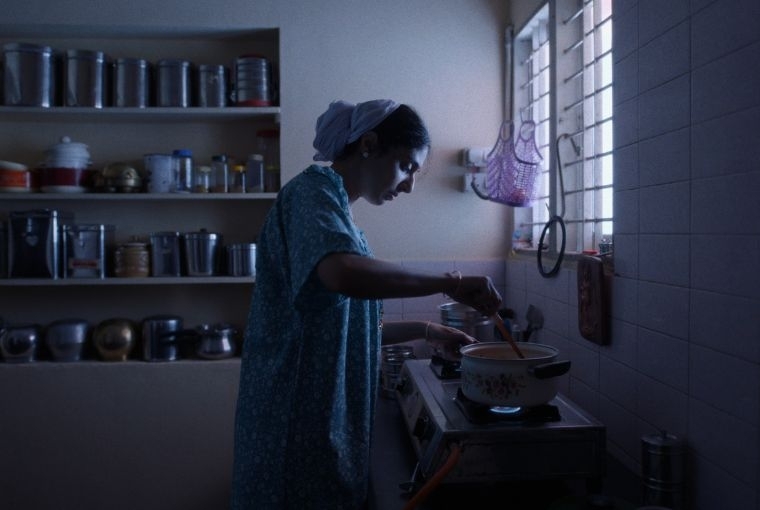
What followed was a writing process born in isolation and discipline, nurtured by inspiration from his wife, and grounded in Bangalore, where he eventually shot the film. For him, storytelling remains a necessity, ‘Stories are life. They’re everything.’ More from Anoop below.
You gave up the corporate world to tell stories. How did that shift happen and what was the exact moment that pushed you to do this?
I was having a tough time in Melbourne. I felt alone and working in the corporate world didn’t give me much satisfaction. I was simply surviving. One day, I remember thinking: if I don’t do something different now, I probably never will, so I enrolled at VCA. This was one of the best choices I ever made because I met so many like-minded people. I met Matt, Karina, and Chris while making my student film, all of whom worked on Don’t Tell Mother.
How did your time at arts school help the creative in you? How did it enhance your life?
Victoria College of Arts gave me not just knowledge of filmmaking, but the freedom to experiment. We were encouraged to write, shoot, and try things with the school’s equipment. But more than that, it was the community, just being around other creatives every day was inspiring and motivating.
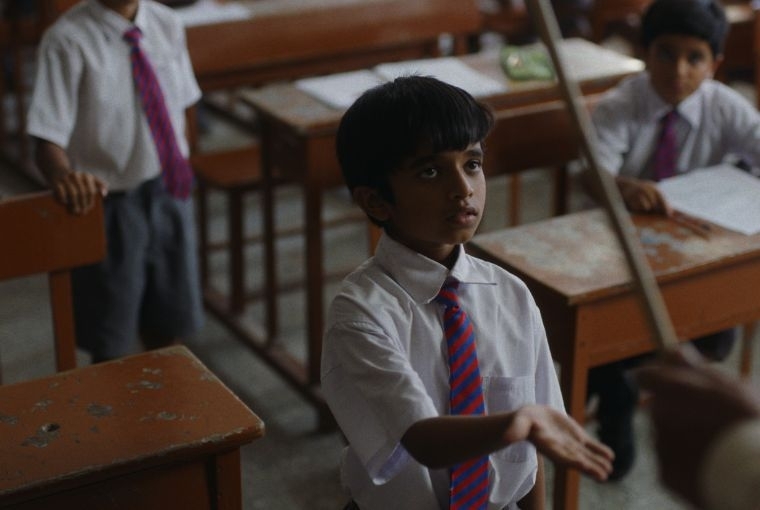
What was the starting point for Don’t Tell Mother?
It began as a conversation with my wife about raising children. We had opposing views, and that got me thinking. From there, the story took on a life of its own. The writing process was cathartic, and full of nostalgia.
Can you talk a little about your writing process?
I find writing hard, and I’m envious of people who can write. However, lately, I’ve come to love that struggle because during this process you can experiment without consequences, unlike on set. I always want to write stories I feel connected to on some level, so that part wasn’t difficult, but it felt very vulnerable. I wrote the script during the lockdown, so isolation helped me focus. In fact, I was very much inspired by my wife. She would wake up at 4:30 am every morning before her regular job to write. I started doing the same thing. Some days I wrote a few pages and other days I just stared at my screen for an hour. I listened to a lot of podcasts and music when I wasn’t writing.
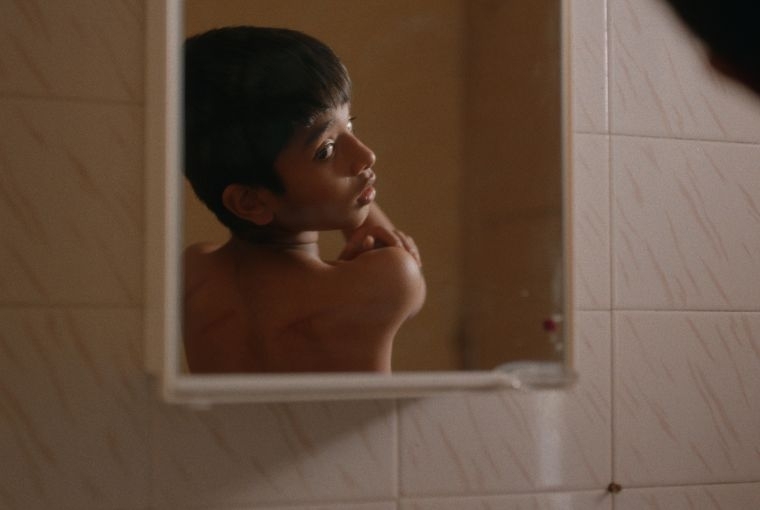
Where did you shoot the film and what sort of directorial conundrums came your way?
We shot the film in Banaswadi in Bangalore. There were too many directorial conundrums to list but it’s all part of the fun of making a movie! Luckily, my wife and I were already living in India when we shot Don’t Tell Mother so the timing worked out. I know Bangalore well and I already had a few locations in mind for each scene.
What emotion does storytelling evoke in you?
I have always loved stories for as long as I can remember. My dad would tell us bedtime stories every night and it was a highlight of our days. Stories are life. They’re everything.
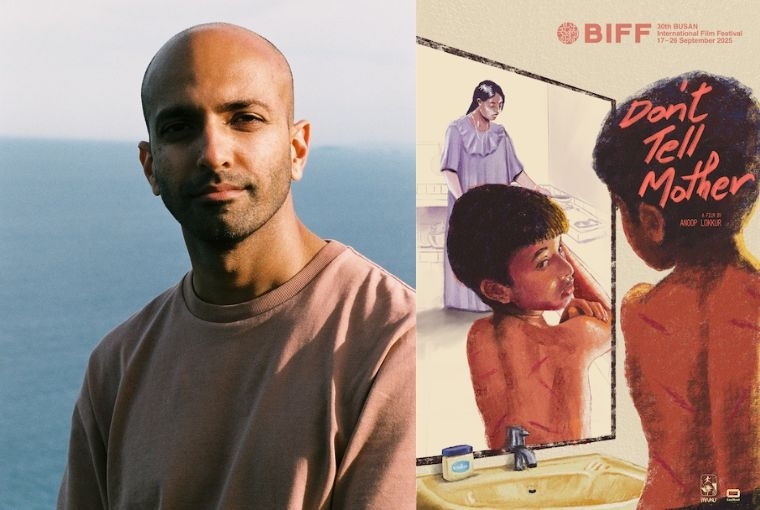
What sort of themes do you see yourself gravitating towards?
Regarding themes, I’m very open, I gravitate towards what ever makes me question myself or challenges my perspective. I’m inspired by watching movies, reading books, people watching, travelling, or just conversations with friends and family.
What story are you working on next?
I can’t give away too much yet, but I’m working on three different projects at the moment.
Words Hansika Lohani
Date 11-9-2025